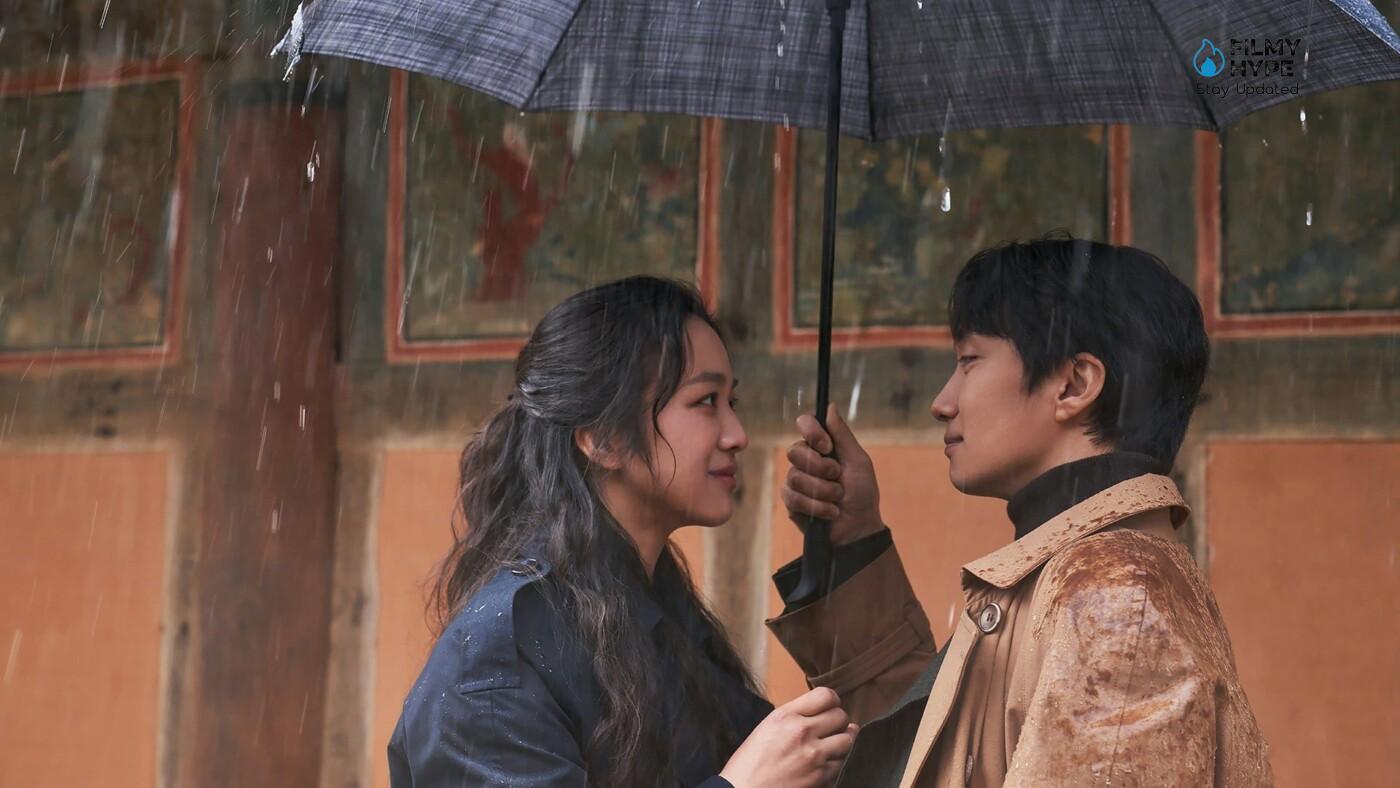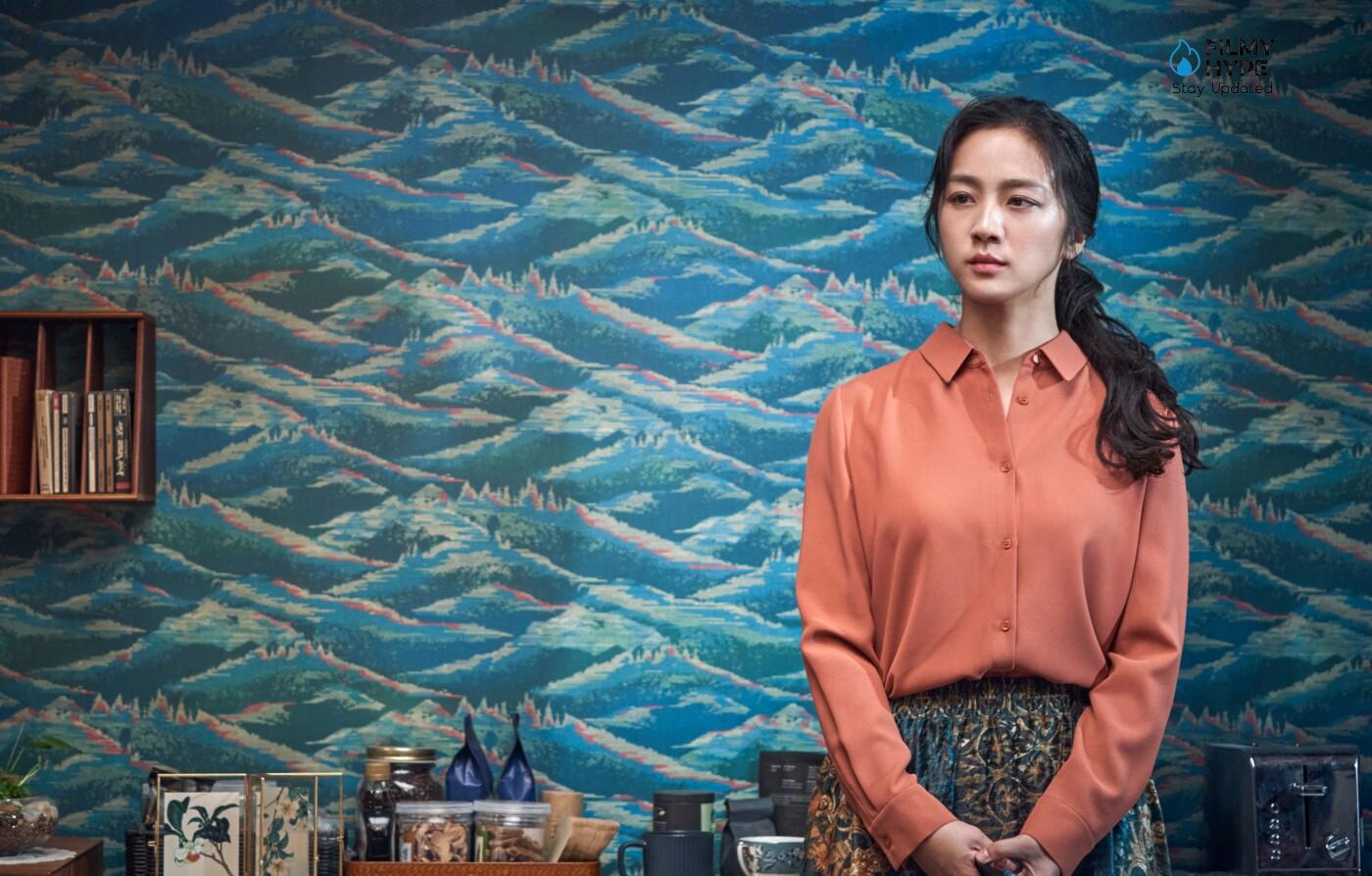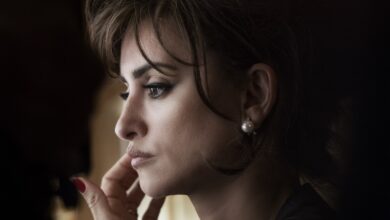Decision to Leave Review: Park Chan-wook’s New Masterpiece
Cast: Tang Wei, Park Hae-il, Lee Jung-hyun, Go Kyung-pyo, Park Yong-woo, Jung Yi-seo
Director: Park Chan-wook
Streaming Platform: MUBI
Filmyhype.com Ratings: 4.5/5 (four and a half stars)
Applauded at the Cannes Film Festival, where it was awarded Best Director, Decision to Leave was also nominated by Korea for the Oscar race for Best International Film, re-entering the shortlist announced on December 21, and received a nomination for Best Foreign film at the Golden Globes 2023. In short, the greats of the seventh art have decided: you can’t miss it. Arrives at the cinema on February 2 distributed by Lucky Red. Brave the rain and go to your favorite cinema, better if a little small and rude, which creates an atmosphere: you will hardly regret it. Produced by Moho Film and directed by the South Korean director of the revenge trilogy, Park Chan-wook, who also co-wrote it with Jeong Seo-kyeong, Decision to Leave is a thriller with a noir touch. A detective story full of twists and turns intertwining its threads with romantic melodrama, bringing to the big screen a sentimental and action-packed mystery.

Decision to Leave Review: The Story Plot
Detective Hae Jun is a diligent and dutiful man, willing to do anything to solve cases that disturb his jurisdiction. When we get to know him, he already has some skeins to unravel, between family life and work. The case of a man who mysteriously fell from the mountain brings him into contact with the elusive Seo-rae, the victim’s young widow. All the suspicions of her colleagues immediately fall on her. She’s beautiful, she’s Chinese (therefore an immigrant) and doesn’t seem to be upset by her husband’s disappearance. Hae Jun, however, feels an instant connection with her, leading him to blindly believe her version of her. In a series of slight and delicate contacts, the two get closer and closer: threads are stretched between them, in a game of continuous references and in a story that seems destined to end in a curse.
Decision to Leave Review and Analysis
The Decision to Leave may seem, on the surface, a crime story like many others: Detective Jang Hae-jun (Park Hae-il) is called to investigate a mysterious, seemingly accidental death of a man who fell from a mountain. While the investigations continue, however, the protagonist makes the acquaintance of the widow of the deceased, the charming Song Seo-rae (Tang Wei), and their idyllic and platonic relationship fit perfectly with the detective spirit of the story. That said, beyond the brilliant interlocking of the two cinematographic genres, what is striking, right from the first sequences, is the author’s obsessive attention to spatial depth which does not only translate into an obsessive search for details.
The camera’s approach, in fact, in its dynamism, reinvents the scene in every shot, playing with the alteration of the focus and, above all, alternating shots with a long shot with others much closer. The result is a continuous three-dimensional momentum in the story which, with these tricks, we can see from several different angles, managing to breathe all its nuances. Furthermore, this eclecticism is also aimed at refined psychological research of the characters who, even before the narration, are already characterized in the directing phase.
Here, in the face of an obsessive-compulsive like Hae-jun, the shots linger precisely on his quirks and little genius; on the contrary, with Song Seo-rae, the direction changes shape and color, becoming more stormy, unstable and chaotic, three elements typical of this splendid femme fatale that makes the protagonist lose his head. The accompaniment of the narration, in this case, represents a solid support which, in the wake of the camera, equally takes up a continuous alternation of stylistic registers, modeling ever-changing dialogues where philosophy intertwines with comedy, the grotesque then leaves room to drama.
Turning instead to the writing of the characters, two analytical poles are particularly noticeable here too: on the one hand, we often find a shocking emotional rigidity described which however moves within a very specific boundary where it has the opportunity to interface with exaggeration. Consequently, the various figures present in Decision to Leave, both the primary and the secondary characters, are overflowing with feelings, with facets, expressing all their layered inner complexity in the round. A decidedly hostile and conflicting approach that is not easy to read at all, especially for us Westerners, but which lets itself be discovered one step at a time, taking all the time necessary to introduce the characters.

The film, on a thematic level, is an infinite well of images, reflections and ideas. An incessant vortex that, from the first shot, leaves the viewer only during the conclusion of the feature film. The ending, poetic and melancholic, represents the sum of what we see within the realization because it closes the difficult and turbulent story between Hae-jun and Song Seo-rae in an enthralling and overflowing way. The last scenes on the beach let the emotions flow in a stormy way but still manage to harness the souls of the characters, demonstrating an uncommon sense of restraint and refinement.
This harmonious relationship between form and substance, between chaos and order, is perhaps the keystone of Decision to Leave where opposites, even if radically belonging to two distinct universes, find a meeting point. It’s not just about the compromise between two lovers, but also about the acceptance and stance of an existence so crazy and rambling that it must be faced with rigorous elegance without ever overdoing it. This translates into a sophisticated gracefulness that also accompanies the decidedly more violent and disturbing sequences of the feature film which, despite striking the eye, are so eccentric and off-screen that they shine with creativity.
Even the actor’s performances themselves, among which those of the protagonists, Park Hae-il and Tang Wei stand out, punctually seek a balance trying, on the one hand, to limit their exaggerations, on the other to give vent, in some precise passages of the feature film, to cathartic explosions where they give voice to all the quirks and peculiarities of their characters. Following such an inconstant artistic flow is complicated, but the stars involved let themselves go, perfectly managing to build remarkable acting, always varied and unexpected.
The detective tries to keep the woman free from a scenario of violence. Their game develops precisely on this relationship of interdependence, which becomes extreme, but vital for both. In some respects, less original than other films by the director, Decision To Leav is still striking for the refined direction and photography and for the brilliant and effective dialogues. The story is engaging, even if the ending is predictable. Probably the duration is excessive compared to what is being told, but Park Chan-wook’s directorial skill puts this aspect into the background. Strongly recommended to lovers of noir, Decision to Leave boasts excellent interpreters, as we said both active protagonists of a bond, ambiguous but at the same time indissoluble. Revenge gives way to emotional interdependence, fueled by mystery. In cinemas from February 2nd.
Decision to Leave Review: The Last Words
Decision to Leave is a complex and demanding feature film that presents itself as a very intense emotional challenge for the viewer. The direction, sublime and varied, do not stop at the pure exercise of style, giving voice to the characters of the story with the simple aid of the camera, experimenting at the same time with alterations of gravity, reversals, long shots and details in plain sight. The writing gracefully supports this spatial depth by characterizing the primary and secondary characters sublimely, renouncing homogeneity, to find a completely original and extreme path, also building dialogues that are always in balance. A harmonious film where restraint and elegance are the peaks of excellence of a story with a mysterious and irresistible charm.






